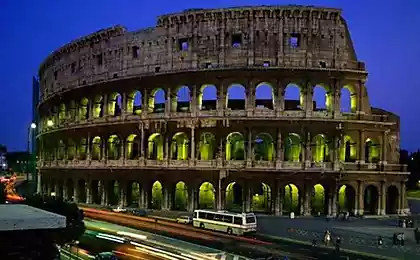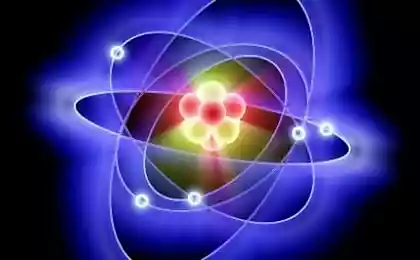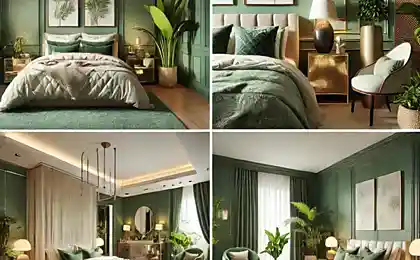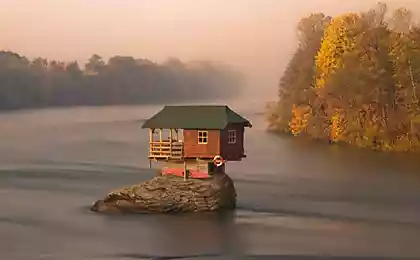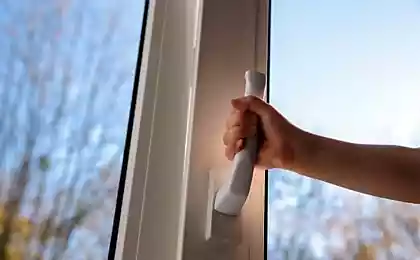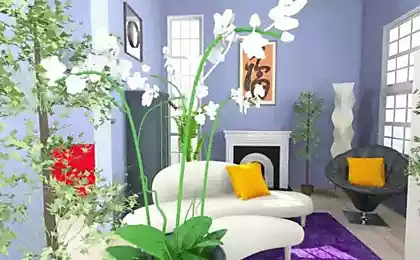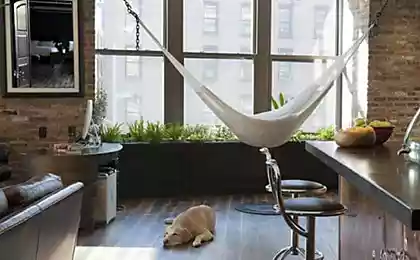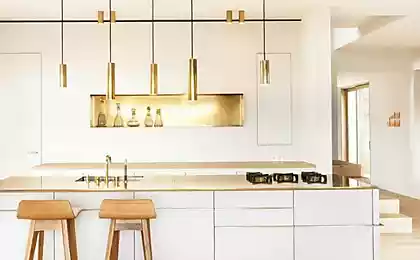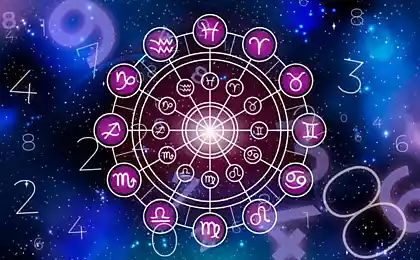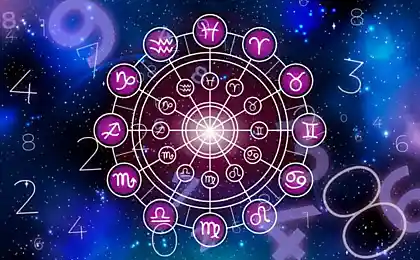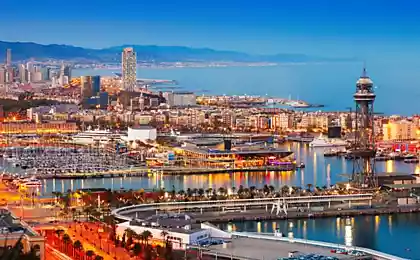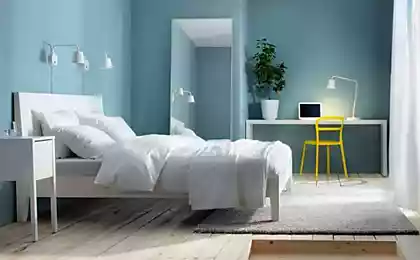183
Daylight in a room without windows – a new technology from Italy
LED lamps are firmly established in everyday life and in our time they will not surprise anyone. They are used everywhere - in interiors and exteriors, for illumination of everything you can: in cars, mobile devices, hand lights, but just everywhere where you need a picky, economical and of course modern light source.
But all that LEDs have done up to now is to replace obsolete and wasteful incandescent lamps or rather harmful, low-efficiency and not everywhere applicable fluorescent lamps. Now the use of LED (light-emitting diod) goes to a new level.
Good news for anyone who loves sunlight and suffers from a lack of natural light indoors. With the help of a new technology from Italy that uses LED as light sources, it was finally possible to recreate realistic artificial daylight, because many attempts have failed before.
The invention, known as Coelux, is the brainchild of physicist, Professor Paolo Di Trapani (Paolo Di Trapani) from the Italian University of Insubria (University of Insubria), on the improvement of which the scientist spent ten years. In an interview with Lux Magazine, he explains, “The difference between Coelux and other attempts to recreate natural light is that my approach reproduces the natural phenomenon of having a sky, an atmosphere, rather than just trying to look like a light source, which is the sun.”
And this is how it works. Coelux combines three key elements: the latest energy-saving LED technology to reproduce the spectrum of sunlight; a sophisticated optical system to create a sense of distance between the sky and the sun; and nanostructured materials just a few millimeters thick to recreate the entire Rayleigh scattering process (the scattering of light on objects smaller than its wavelength) that occurs in the atmosphere and makes the sky blue for us.
These elements are included in the high-tech suspended ceiling and window system, offering a full range of services on methods and methods of designing lighting indoor and underground architectural spaces.
Global replacement of incandescent lamps with fluorescent lamps or LED lamps provides significant energy savings, however, entails a decrease in the quality of the emitted light due to the narrowing of its color spectrum, which significantly affects human health. And where all scientific and industrial efforts are spent developing light sources with low energy consumption and the same color spectrum as the sun, Coelux offers a groundbreaking approach based on the fact that the sun cannot provide natural light in the absence of the sky.
Coelux is also an extremely useful tool for transport infrastructure designers. In the same interview, Professor Di Trapani gives a good example: Imagine being on a train traveling in a tunnel under the English Channel in France. You feel frightened in an enclosed space underground, but if every 100 meters you see the sun in a blue sky, your mood will improve significantly.
During the trial, even people with claustrophobia and similar conditions felt relaxed when exposed to Coelux lighting, despite being in a windowless room for a long time.
The development of the new product is funded by the European Union. The European Commission selected the project among twelve innovative technologies presented at the Innovation Convention in Brussels in March. Users can choose from three settings to recreate the light: Northern Europe, the Mediterranean or the Tropics.
Source: facepla.net
Ghosts Whodo-the Jerusalem Church: the myths and research
Strawberry Season. Dessert by Jean-Paul Boyer



